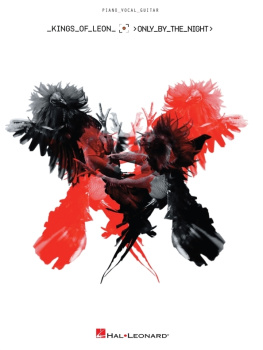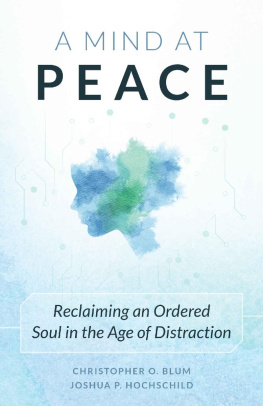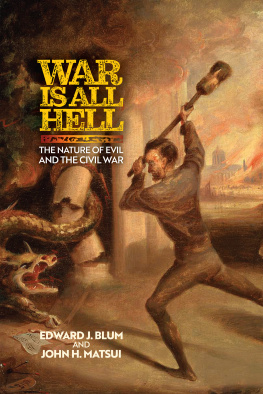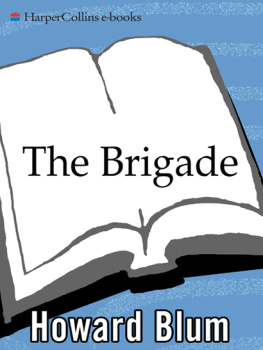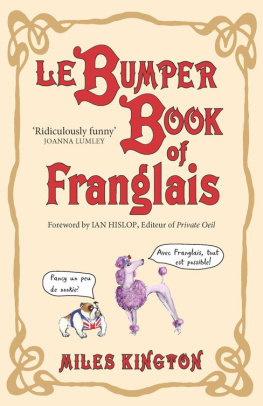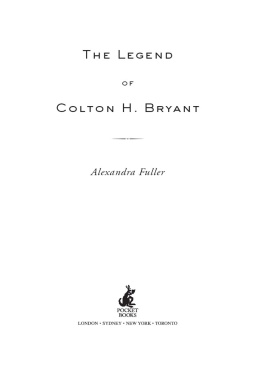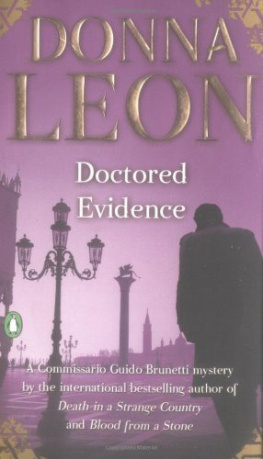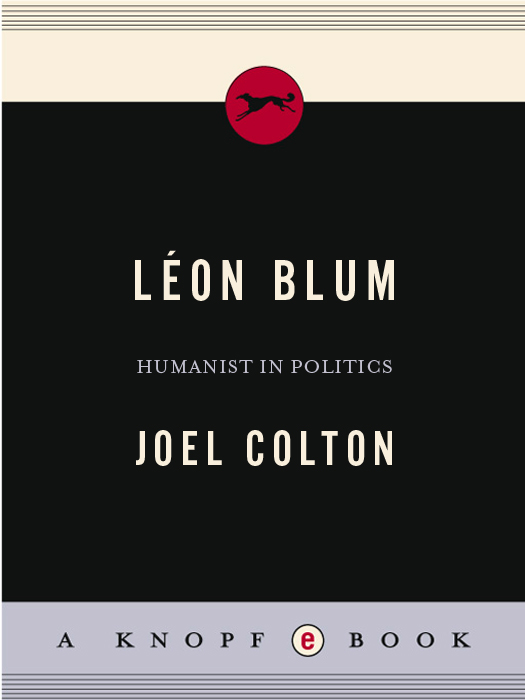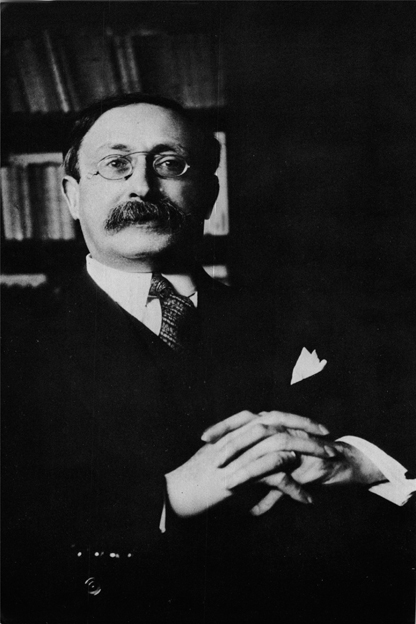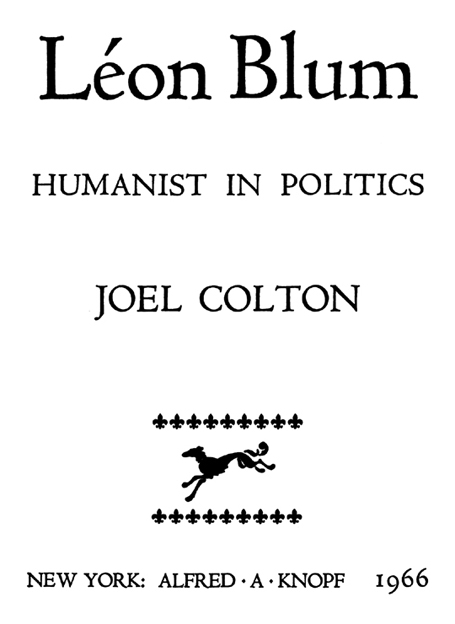L. C. catalog card number: 65-18768
THIS IS A BORZOI BOOK,
PUBLISHED BY ALFRED A. KNOPF, INC.
Copyright 1966 by Joel Colton. All rights reserved. No part of this book may be reproduced in any form without permission in writing from the publisher, except by a reviewer, who may quote brief passages and reproduce not more than three illustrations in a review to be printed in a magazine or newspaper. Published simultaneously in Toronto, Canada, by Random House of Canada, Limited.
eISBN: 978-0-307-83089-0
v3.1
FOR SHIRLEY
and
FOR VALERIE
and
KENNETH
Lhomme na pas deux mes diffrentes, lune pour chanter et pour chercher, lautre pour agir; lune pour sentir la beaut et comprendre la vrit, lautre pour sentir la fraternit et comprendre la justice. Quiconque envisage cette perspective se sent anim dun invincible espoir.
LON BLUM , lchelle humaine, 1941
Preface
In the long and crowded years of Lon Blums lifetime, from 1872 to 1950, the French Socialist leader and republican statesman led a richly varied life. When he first entered the Chamber of Deputies in 1919 at the age of forty-seven, he already had behind him two distinguished careers outside politics. He had reached high rank as a jurist in the Conseil dtat, Frances supreme jurisdiction in administrative law, and had won a permanent place in French jurisprudence for his trial briefs and recommendations. Even more, he had been a shining figure in the fin de sicle French world of letters as a literary critic, drama critic, and essayist. In his youthhe was nineteen when his first poem appearedhe had published poetry and literary fragments. He was a friend of Andr Gide and Marcel Proust, of Tristan Bernard, Georges de Porto-Riche, and Jules Renard, of Thade and Alexandre Natanson, and of a whole galaxy of young literary stars who were on the threshold of fame in the opening years of the twentieth century. If he had not been diverted to politics, he would be remembered as a man of letters and, some would say, as one of the foremost drama and literary critics of his day.
I have myself treated these literary years before 1914, as well as his legal contributions, only as a prologue to his career in politics. With a political biography as my objective, I have focused my major attention on Blum as a statesman who assumed a major role in national and international affairs at several critical moments. Essentially, the book is a study in leadership, for Blum, as successor to Jean Jaurs, headed one of the great European Socialist parties of the years between the two world wars; his record as a Socialist will, I hope, throw some light on the theory and practice (and frustrations) of democratic socialism in twentieth-century Europe. As a national leader, he was three times Premier of Francethe first Socialist and the first Jewish Premier of his country. He is best known for his Popular Front cabinet of 19367, the French New Deal, with all its high promise, accomplishments, and weaknesses, mirroring the challenges and dilemmas of the 1930s and the tragic events of the period that followed. The heart of the book is devoted to these years of responsibility and years of anguish.
Although Blums shortcomings as a political leaderhis self-conscious introspection, his lack of political flexibility, his desire to conciliate rather than to impose his viewshave not been neglected in these pages, one emerges with a profound respect for this man of high moral integrity, deep idealistic convictions, and steadfast personal courage who, beginning life as a humanist, literary critic, and jurist, threw himself into the maelstrom of French politics. For his service to his ideals he suffered the most severe abuse and calumny from the extreme Right in France, wartime imprisonment and trial by the Vichy government, and deportation to German concentration camps, from which he was miraculously rescued at the end of the war to return to France and serve out his last years as elder statesman of his party and the republic. In the deepest moments of adversity he never abandoned his inveterate optimism. When a man grows troubled and discouraged, he wrote from his Vichy prison cell, he has only to think of humanity. And he never abandoned his belief that the creative talents of the human race, which had produced the great artistic and scientific accomplishments of all ages, must also be employed to create a better world for all mankind. The human race has created knowledge, science, and art; why should it be powerless to create justice, fraternity, and peace? was his constant query.
There were few private papers left after Blums return from Germany after the war, no diaries or journals, no cache of unpublished memoirs. With some exceptions, the materials for his career have had to be reconstructed on the basis of his speeches, his writings, his public acts, and the memoirs of his contemporaries. Yet rarely did any man explain himself so fully in public utterance. He was constantly revealing his thoughts, examining his innermost feelings, leaving a written record of his reactions to the events of the day in his daily newspaper column in Le Populaire and in his speeches before Parliament, party congresses, and elsewhere. There is no dearth of public sources for the political biography of Lon Blum.
For hospitality and assistance in France, when as a Guggenheim Fellow I sought out additional fugitive materials (and insights), I must express my gratitude to the family, friends, and former political associates of the French political leader: to his widow, Mme Jeanne-Lon Blum; to his son and daughter-in-law, Robert and Rene Blum; to his former law associate and chef de cabinet, Andr Blumel; to his editorial assistant on the staff of Le Populaire, the late Oreste Rosenfeld; to Mme Cletta Mayer and Maximilien Rubel of the Socit des Amis de Lon Blum; to Mme Suzanne Blum; and to many others.
I am indebted to the Guggenheim Foundation for the fellowship that enabled me to conduct my research in France; to the Rockefeller Foundation for subsidizing a leave that helped me to write, and rewrite, my manuscript; to my colleagues and to the authorities at Duke University for making it possible for me to accept the Foundation fellowships and for generously adding sums for research expenses.
To many American, British, and continental European scholars, historians and others, who have known of my labors and patiently encouraged me, I am also grateful. And finally I cannot describe adequately my gratitude to my wife, who not only endured with me all the trials and tribulations of this undertaking from beginning to end but actively and critically contributed to the editing and preparation of the manuscript in all its successive drafts.
JOEL COLTON
Duke University
Durham, North Carolina
March 1965
Contents





